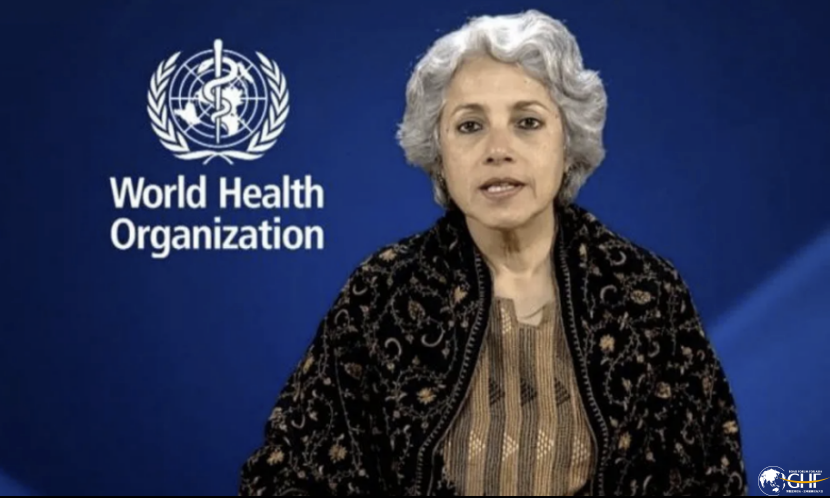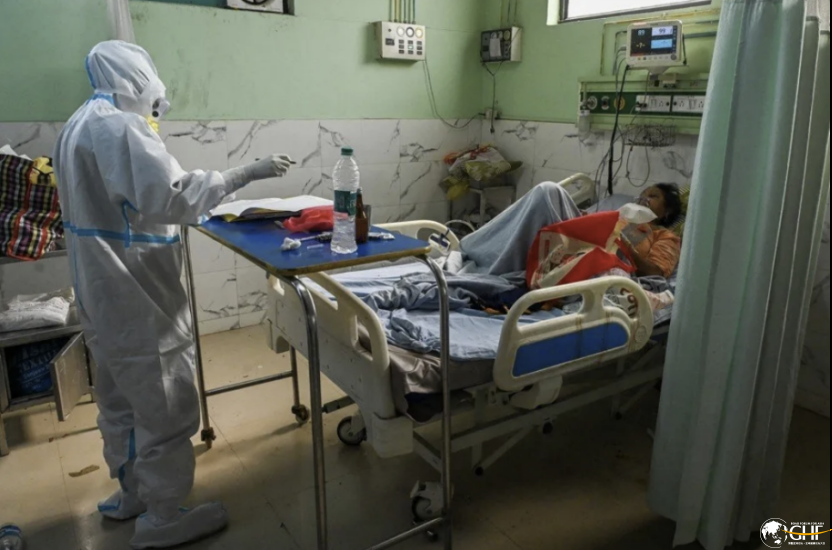
World Health Organization's chief scientist Soumya Swaminathan
A Covid-19 variant spreading in India is more contagious and it is feared it could be dodging some vaccine protections, contributing to the country's explosive outbreak, Soumya Swaminathan, the World Health Organization's chief scientist said on the 8th.
According to South China Morning Post, Soumya Swaminathan warned that "the epidemiological features that we see in India today do indicate that it's an extremely rapidly spreading variant".
India on Saturday for the first time registered more than 4,000 Covid-19 deaths in just 24 hours, and more than 400,000 new infections.

New Delhi has struggled to contain the outbreak, which has overwhelmed its healthcare system, and many experts suspect the official death and case numbers are a gross underestimate.
Swaminathan, an Indian paediatrician and clinical scientist, said the B.1.617 variant of Covid-19, which was first detected in India last October, was clearly a contributing factor to the catastrophe unfolding in her homeland.
But so far it has stopped short of adding it to its short list of "variants of concern" -- a label indicating it is more dangerous than the original version of the virus by being more transmissible, deadly or able to get past vaccine protections.
Several national health authorities, including in the United States and Britain, have meanwhile said they consider B.1.617 a variant of concern, and Swaminathan said she expected the WHO to soon follow suit.
But she insisted that the variant alone could not be blamed for the dramatic surge in cases and deaths seen in India, pointing to "huge social mixing and large gatherings" in recent months. As many in India felt the crisis was over, dropping mask-wearing and other protection measures, the virus was quietly spreading.
While India is now trying to scale up vaccination to rein in the outbreak, Swaminathan warned that the jabs alone would not be enough to gain control of the situation.
India, the world's largest vaccine-making nation, had only fully vaccinated around two percent of the 1.3 billion-plus population. "It's going to take many months if not years to get to the point of 70 to 80 percent coverage," she said.
Swaminathan stressed that "for the foreseeable future, we need to depend on our tried and tested public health and social measures" to bring down transmission. "The more the virus is replicating and spreading and transmitting, the more chances are that mutations will develop and adapt," Swaminathan said.
"That's going to be a problem for the whole world," she warn.



 News
News
 Partner application
Partner application Download
Download Hot News
Hot News









